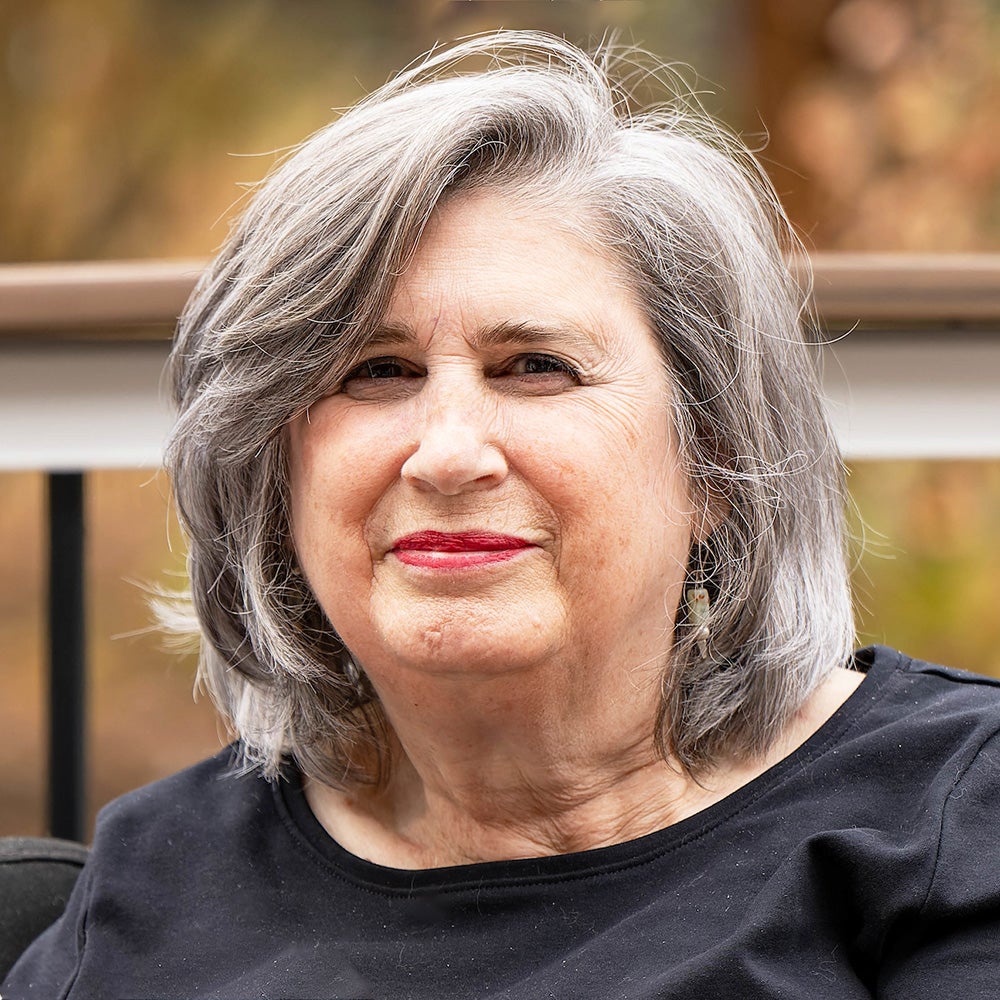The Aspirin Conundrum: Navigating Negative Results, Age, Aging Dynamics and Equity
Posted in News Release | Tagged aspirin and breast cancer, breast cancer, breast cancer research, cancer research, clinical trials
Media Contact
Karen Teber
km463@georgetown.edu
WASHINGTON (April 29, 2024) — A new study examining the role of aspirin in breast cancer treatment reveals critical issues related to health equity and aging that have broad implications for cancer and other disease intervention trials, say researchers from Georgetown University’s Lombardi Comprehensive Cancer Center. They outline their concerns in an editorial accompanying the study’s findings published April 29 in the JAMA (“The Aspirin Conundrum: Navigating Negative Results, Age, Aging Dynamics and Equity”).
The study, called the Alliance trial, was launched after researchers noted that breast cancer survivors taking aspirin as part of another clinical trial for cardiovascular disease lived longer.



To confirm the observation, a phase 3 clinical trial randomly assigned volunteers with nonmetastatic, high-risk breast cancer to receive either 300 mg of aspirin or placebo daily. The outcome was a disappointment. The study was suspended at the first interim safety analysis because the results indicated futility — aspirin did not decrease the risk of cancer recurrence or improve survival.
In their editorial examining the trial, the Georgetown researchers, Jeanne Mandelblatt, MD, MPH; Candace Mainor, MD; and Barry Hudson, PhD, raise several important questions about the outcome.
For example, the authors point out that despite efforts to include various groups in the study, certain subgroups, like racial minorities and those with high exposure to systemic racism, may not have been adequately represented.
“Some individuals from these groups may experience chronic life stressors that affect inflammation, accelerate biological aging and contribute to disparities in cancer risk, recurrence and mortality,” they write, noting that these individuals could potentially benefit from aspirin, an anti-inflammatory drug.
Researchers say another issue with this and other trials is how chronological age and biological age might affect implications for a trial’s design and its results.
The results in the Alliance trial “raises the question of whether aspirin’s lack of benefit could be partly explained by variations in biological age, including heterogeneity in immune and platelet function, inflammatory responses and host-tumor microenvironment interactions,” they write. “Thus, careful consideration of the intersectionality of aging, cancer and disparities will be critical in designing future oncology and other disease trials to advance health equity.”
Finally, the researchers say clinicians may find it challenging to integrate new findings into routine practice because the results suggest a lack of intervention efficacy along with the many unanswered questions.
Despite the fairly definitive negative result for use of aspirin to improve invasive disease-free survival among breast cancer survivors, the researchers say, “oncology and primary care providers may still consider discussing with each other and their patients the potential benefits and harms of aspirin used for other reasons.”
Mandelblatt was supported in part by the National Institutes of Health at the National Cancer Institute Grants R01CA129769, R35CA197289 and R35CA283926 and National Institutes of Health at the National Institute on Aging Grants R01AG082348, R56AG068086 and R21/R33AG075008. Hudson is supported in part by the National Institutes of Health at the National Cancer Institute Grant R01CA276587. The funders did not have any role in the writing of this editorial or the decision to submit the editorial for publication.
The authors report the following disclosures:
Mandelblatt is a member of the Alliance Cancer in the Older Adult Committee. She is co-inventor on a pending invention patent application (PCT/US2022/028741) filed by Georgetown University titled “Use of RAGE inhibitors to Treat Cancer-Related Cognitive Decline” and licensed to Cantex Pharmaceuticals. Mandelblatt has waived her rights and will not receive any remuneration, consideration or revenue generated from this license or the patents and patent applications licensed thereunder.
Mainor receives institutional clinical trial funding support from Pfizer and Cantex pharmaceuticals.
Hudson is a co-inventor on a pending invention patent application (PCT/US2022/028741) filed by Georgetown University entitled “Use of RAGE inhibitors to Treat Cancer-Related Cognitive Decline” and licensed to Cantex Pharmaceuticals. Dr Hudson is also a co-inventor on a pending Canadian patent application (CA3118711A1) filed by the University of Miami titled “Method For Treating Breast Cancer and Chronic Diseases.” Development of this latter invention was supported by the Florida Department of Health, Bankhead-Coley Cancer Biomedical Research Program Grant no. 8BC06.
